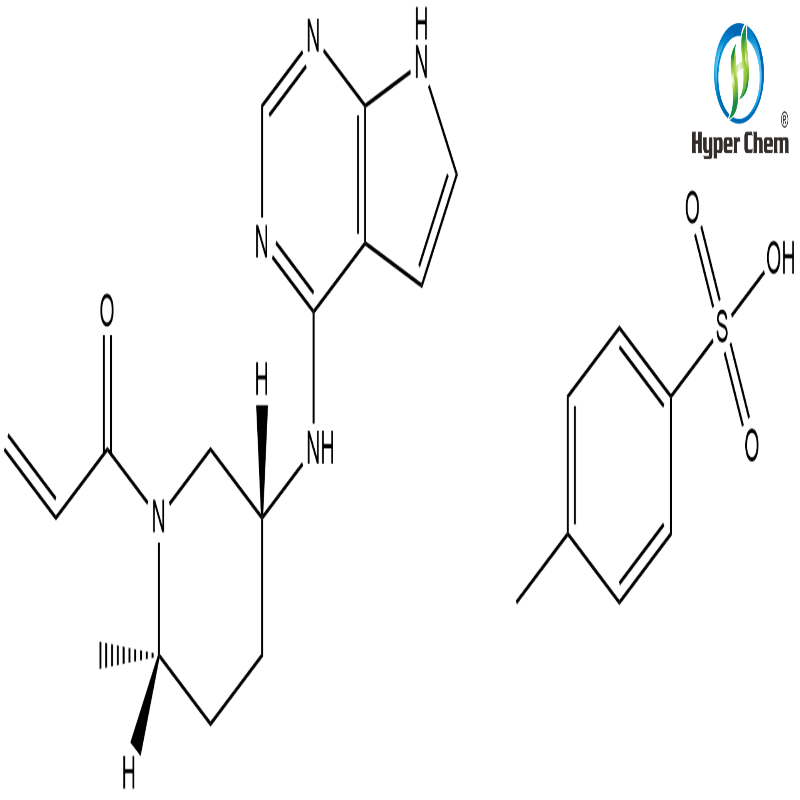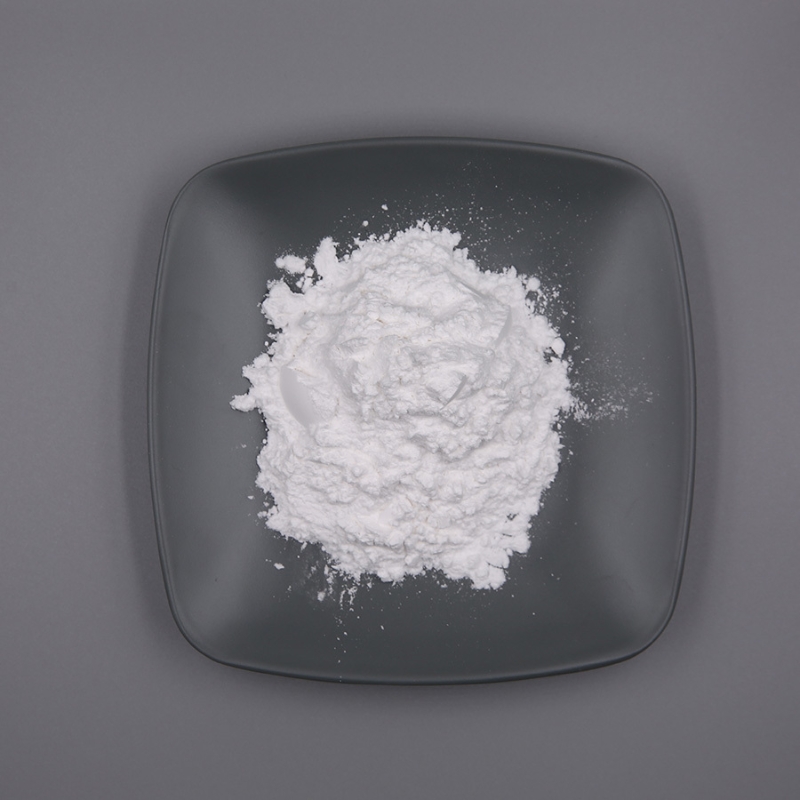-
Categories
-
Pharmaceutical Intermediates
-
Active Pharmaceutical Ingredients
-
Food Additives
- Industrial Coatings
- Agrochemicals
- Dyes and Pigments
- Surfactant
- Flavors and Fragrances
- Chemical Reagents
- Catalyst and Auxiliary
- Natural Products
- Inorganic Chemistry
-
Organic Chemistry
-
Biochemical Engineering
- Analytical Chemistry
-
Cosmetic Ingredient
- Water Treatment Chemical
-
Pharmaceutical Intermediates
Promotion
ECHEMI Mall
Wholesale
Weekly Price
Exhibition
News
-
Trade Service
In this article, we compiled several important research results to jointly interpret the new advances made by scientists in the field of monoclonal antibody therapy and share them with you! Picture: Science, 2020, doi:10.1126/science.abc74241:Nat Med: Monoclonal antibody therapy or promising to help treat COVID-19doi:10.1038/s41591-020-020 0998-x Scientists from Vanderburg University and other institutions said in a recent study that based on the positive results of current preclinical studies, the potential neutral antibodies we have developed may be used as a potential therapy to help inhibit and treat COVID-19, the findings of which appear in the international journal Nature Medicine.
The monoclonal antibody was isolated from the blood of a couple from Wuhan, China, who traveled to Toronto, Canada, in late January to be diagnosed with COVID-19 infection, and the two patients were the first confirmed COVID-19 patients in North America.
Over the past two years, researchers have developed an ultra-fast way to identify highly potential antiviral human monoclonal antibodies, while researchers have also validated them in small animals and non-human primates, all in less than three months.
paper, researchers reveal how they used this fast-track antibody discovery platform to isolate hundreds of human monoclonal antibodies that protect against surface prick proteins (S) that promote SARS-CoV-2 infections in lung cells.
researchers described how two antibodies called COV2-2196 and COV2-2130 bind to different locations of the virus surface S protein, and how the combination therapy of the two antibodies helped reduce the viral burden in infected mice and protect them from weight loss and lung inflammation.
2 Science: Human monoclonal antibodies from recovered SRAS patients can cross-in and SARS-like coronavirus doi:10.1126/science.abc7424 coronavirus into the host cell is mediated by the virus prick protein (S protein), which forms a triclosan on the surface of the virus.
single body in a triumerate S protein assembly is an heterogeneic dmoglomeration consisting of S1 and S2 sub-base.
S1 sub-base consists of four domains: N-side domain (NTD), C-side domain (CTD), and substructor domains I and II.
both SARS-CoV and SARS-CoV-2 have the function of a subject binding domain (RBD) to bind the same entry-in-subject ----human angiosin-converting enzyme 2 (hACE2).
S2 sub-base contains fusion peptides, hepteptide repeat zones 1 and 2, and a trans-membrane domain, all of which are required for the fusion of viruses and host cell membranes.
S protein, which is called human coronavirus (HCoV), is the primary target of the nAb antibody.
76% amino acid consistency of S proteins in SARS-CoV and SARS-CoV-2, which raises the possibility that these antigens have conservative immunogenic surfaces.
Studies of recovery serums and a limited number of monoclonal antibodies (mAb) have shown limited or no cross-mediated activity, confirming that conservative antigens are rarely targeted by nAb.
, however, the frequency, specificity and functional activity of cross-reactive antibodies induced by natural SARS-CoV and SARS-CoV-2 infections are still not clearly determined.
there is an urgent need for a wide range of protective vaccines against known and non-emerging human coronavirus (HCoV).
in a new study, U.S. researchers analyzed the memory B cell bank of a recovering SRAS provider and found 200 SARS-CoV-2 binding antibodies at multiple conservative bits on the surface of the targeted S protein, the study was published in the journal Science.
: The new method targets the central nervous system for the continuous delivery of monoclonal antibodies to treat cancer brain metastasis doi:10.1038/s41551-019-0434-z About 15-40% of cancers will metastasization in the central nervous system (CNS), but there is currently no cure.
treatment based on monoclonal antibodies has been widely successful, but the effect on central nervous system metastasis is limited due to the low level of drug reach of tumor location.
In order to enhance the efficacy of cloned antibodies in the treatment of brain metastasis, a team of professors Yunfeng Lu, Irvin S. Y. Chen and Masakazu Kamata from the University of California, Los Angeles, recently developed a new method of polymer encumvirance antibodies to achieve the continuous release of brain metastases, thereby enhancing the efficacy of antibodies in the treatment of brain metastases, the study published in the journal Nature Biomedical Engineering.
In this study, the researchers wrapped lysoxi monoantigen in the crosslinked layer of the two-sex ion polymer, and as the crosslinker gradually hydrolyzed, resulting in the continuous release of lyxid monoantigen, the level of antibodies in CNS increased about 10 times compared to the free lytoxides.
researchers found that after modifying the nanocapsules with CXCL13 (CXCR5 coercion factor ligands, often found on the surface of B-cell lymphoma), a single injection could lead to improved control of non-Hodgkin's lymphoma CVXR5-positive metastases and the removal of lymphoma from the marrow-liver-thymus mouse model of heterogeneous transplants.
: NEJM: Monoclonal antibodies or will transform the prevention and treatment of infectious diseases! doi:10.1056/NEJMp1802256 monoclonal antibody (mAbs) is a specially designed new antibody that can target a single target and has shown potential in the fight against cancer and autoimmune diseases.
, monoclonal antibodies may play an important role in the fight against increasingly serious infectious diseases in the future, according to a new article from the NATIONAL Institute of Allergy and Infectious Diseases (NIAID), part of the NIH.
, published recently in The New England Journal of Medicine, points to the potential use of mAbs in treating infected diseases and as a preventive tool to reduce an individual's risk of infection and delay outbreaks.
Now, in this new study, Dr. Wang and his colleagues have discovered and confirmed the role of TN proteins in capturing HMGB1 and exacerbating immune cell death.
the discovery, they developed a set of TN protein-specific monoclonal antibodies that prevent this harmful TN/HMGB1 interaction, reversing sepsis-induced immunosuppression and lethality.
(9) JITC: Pabliju monoi has shown the potential to treat malignant cancer doi:10.1136/jitc-2020-000530 A study by researchers from the University of Texas MD Anderson Cancer Center showed that Pabli pearl monoantigen is acceptable for patients with four types of late-stage incurable rare cancers with acceptable toxicity and tumor resistance.
results were published in the journal Journal for Therapy of Cancer.
Clinical Phase II study followed 127 patients with advanced rare cancers: skin squamous cell carcinoma (cSCC), primary unknown cancer (CUP), and adrenal cortical cancer







